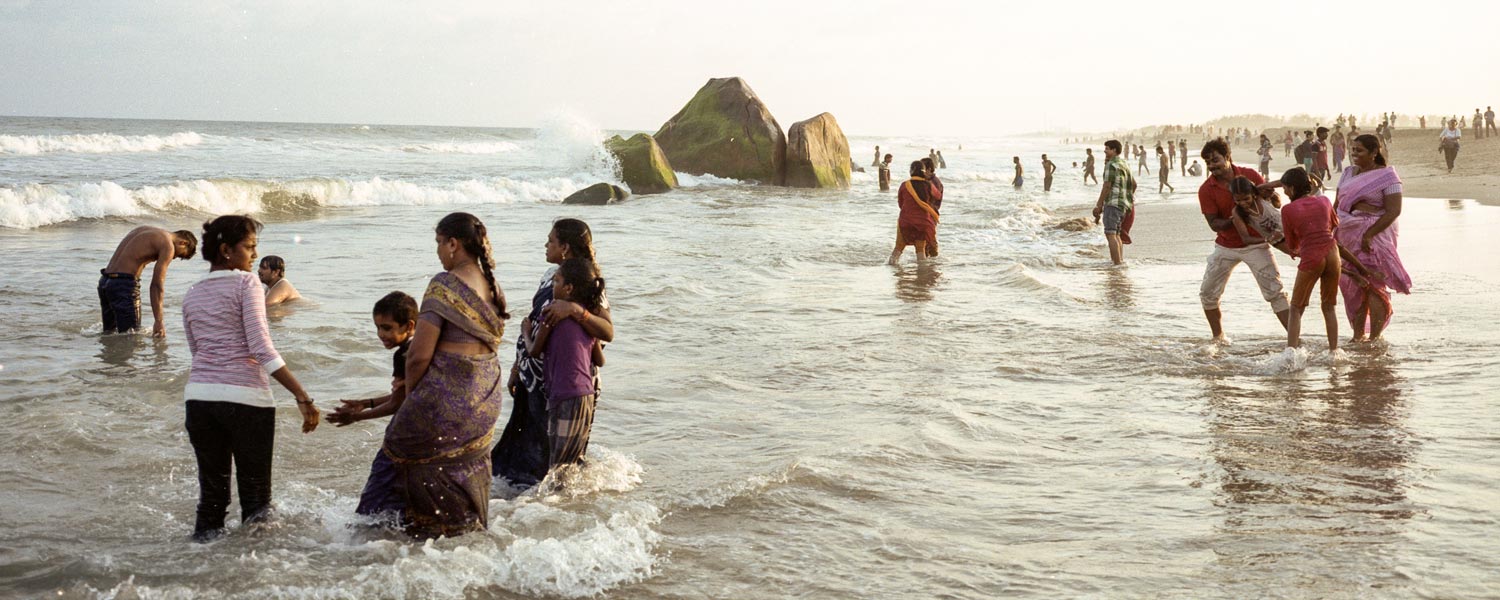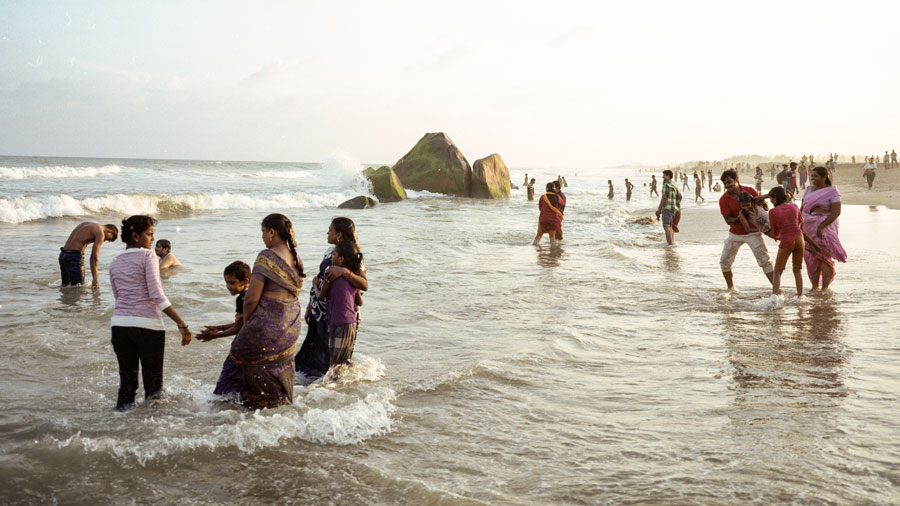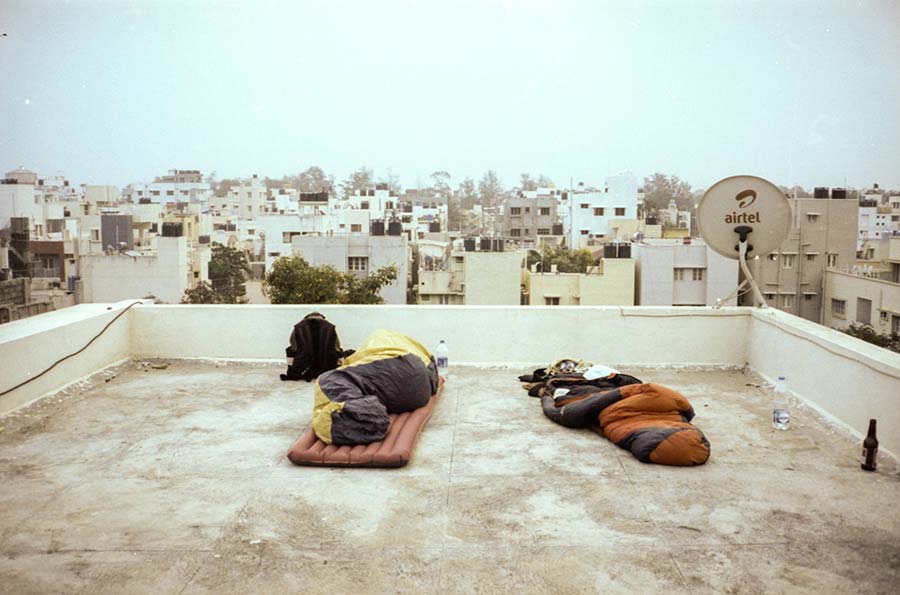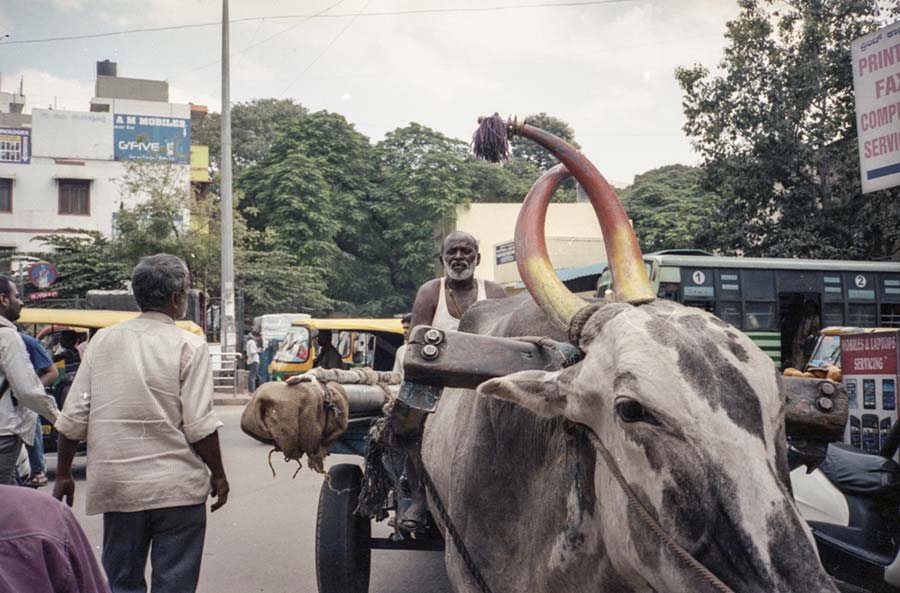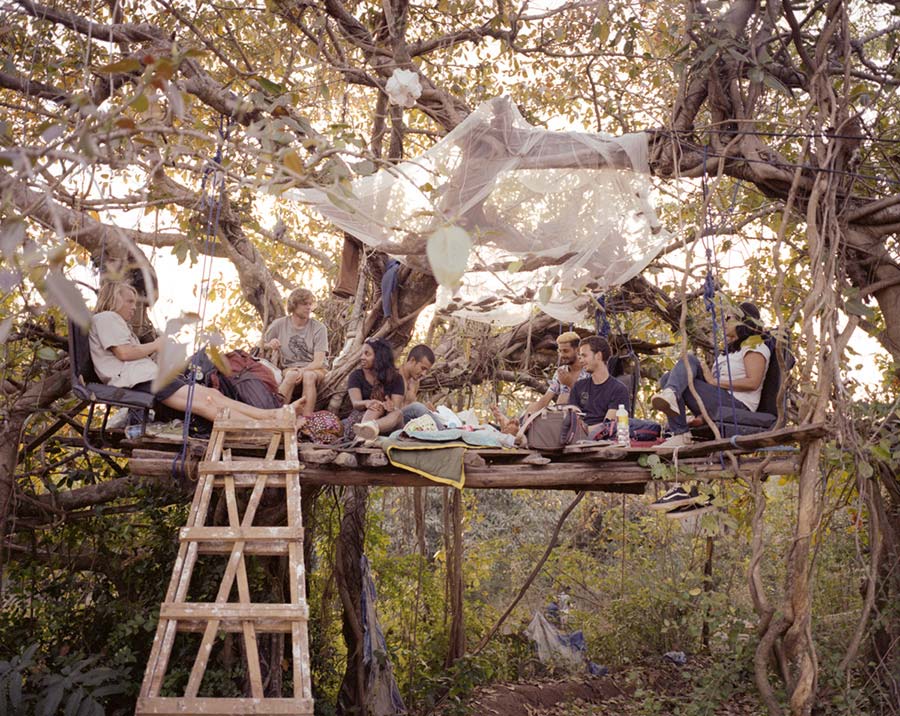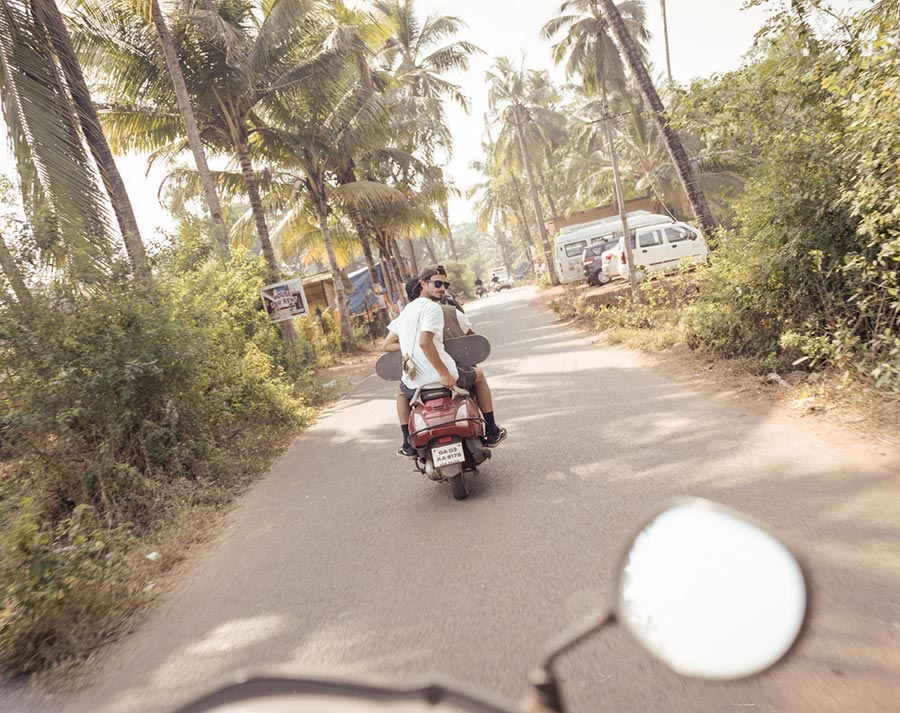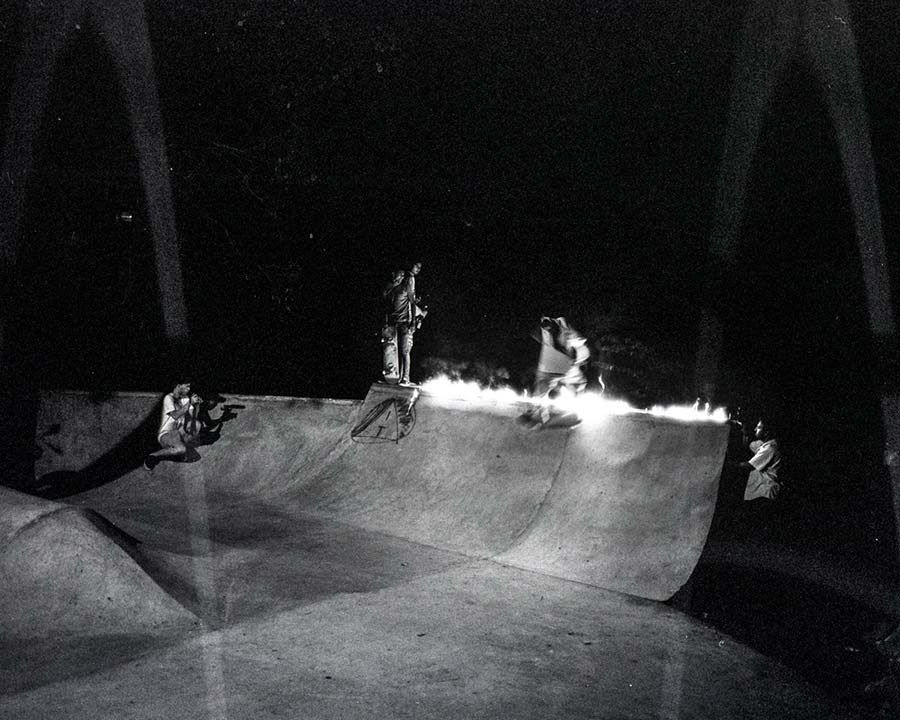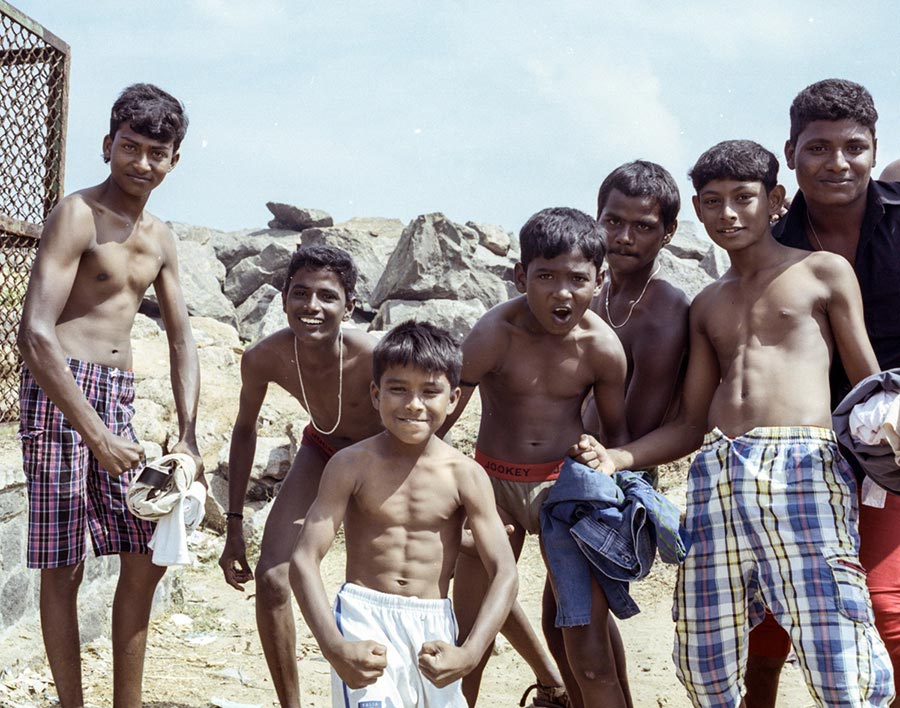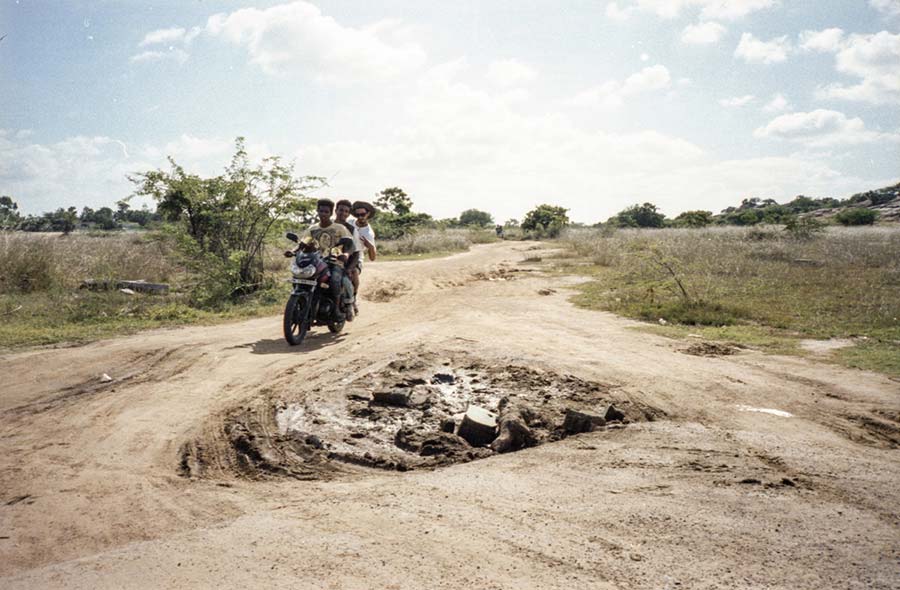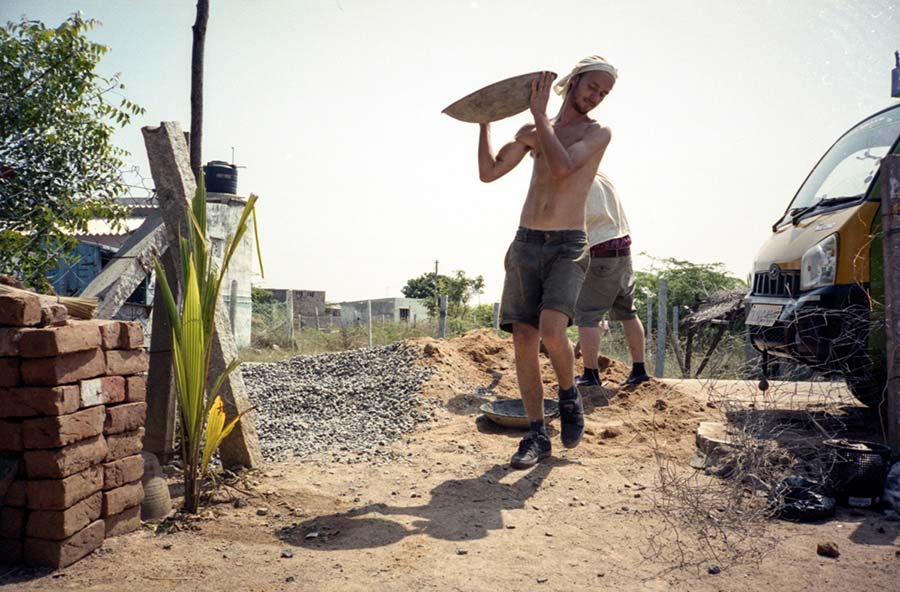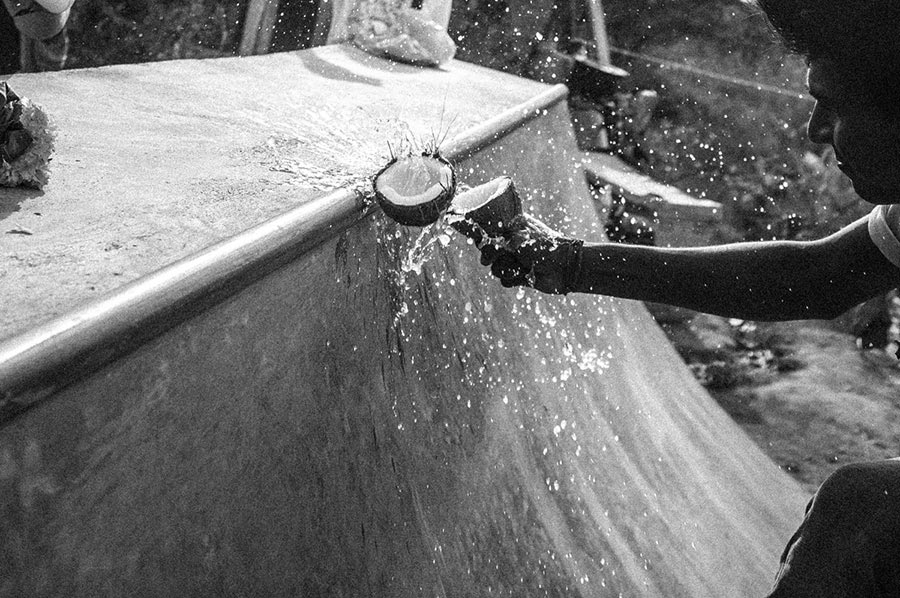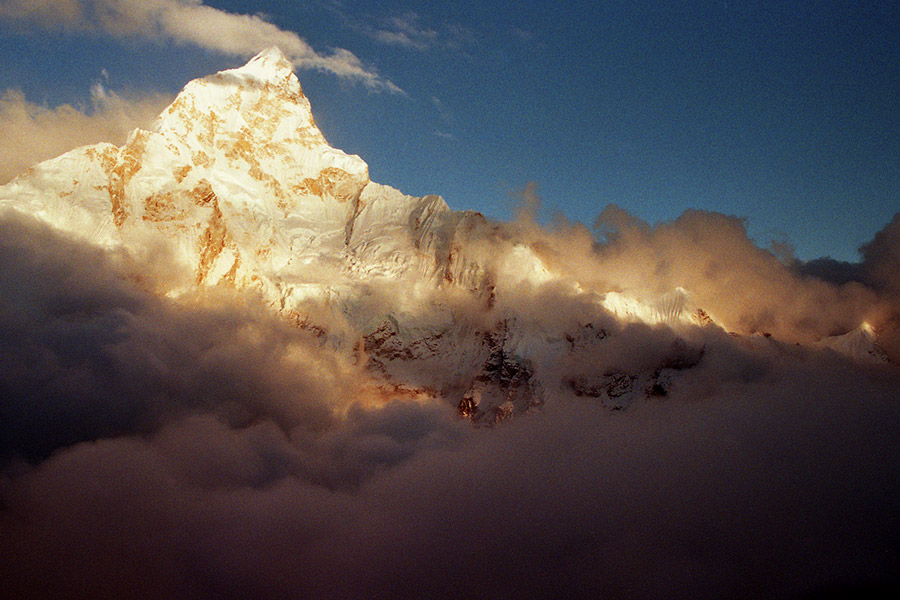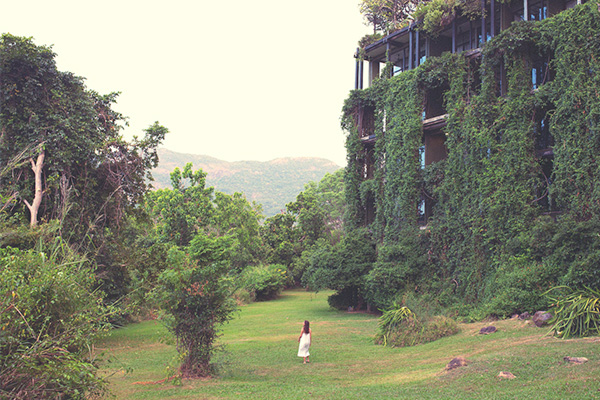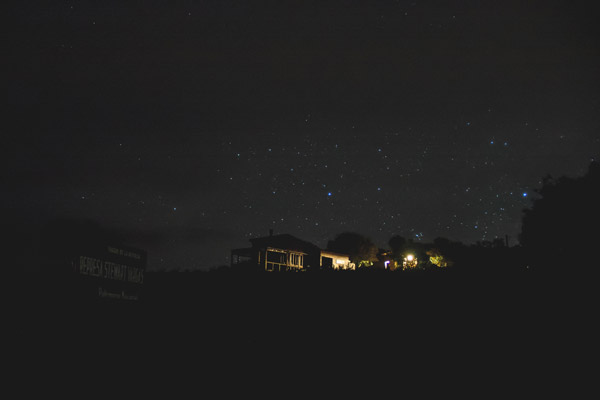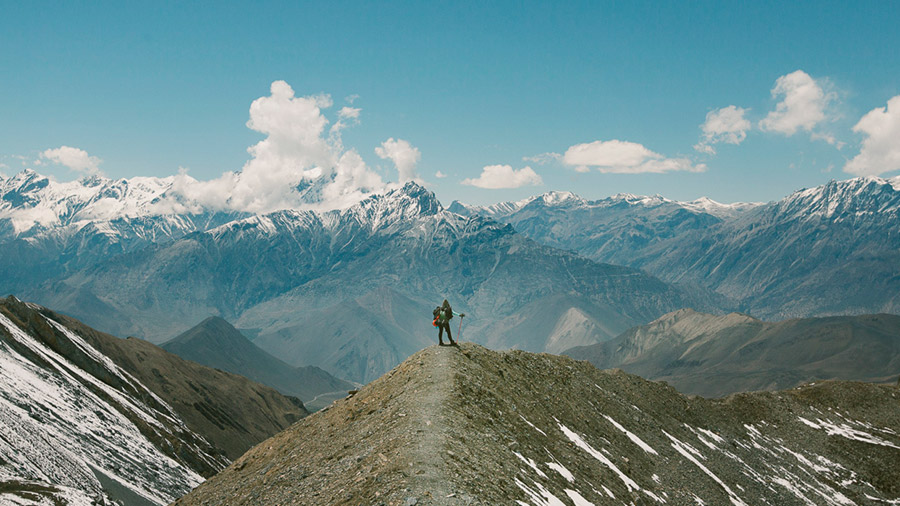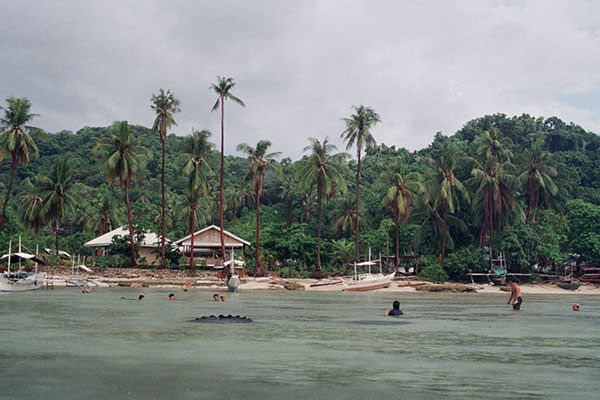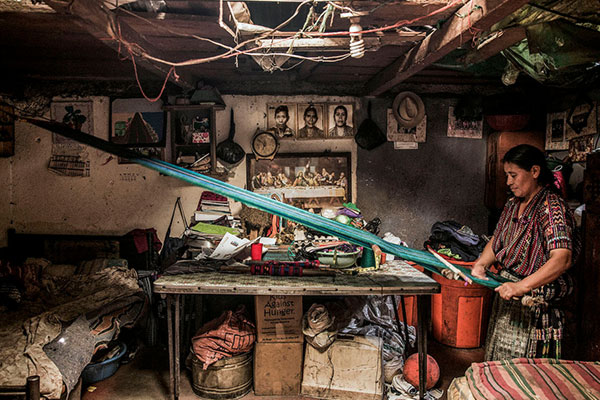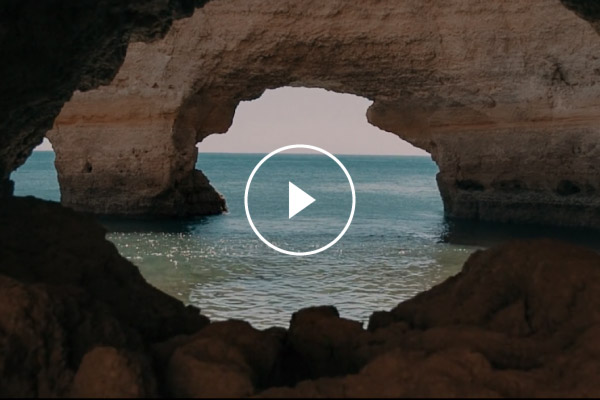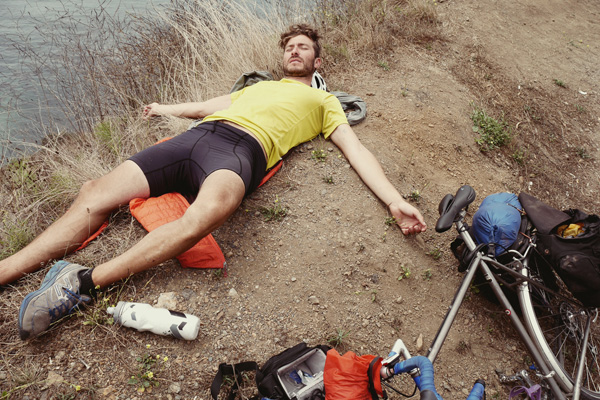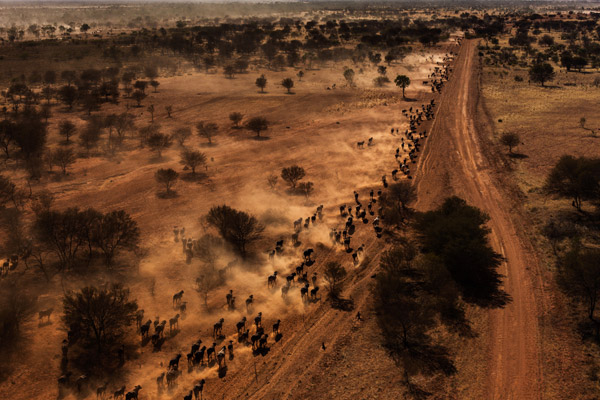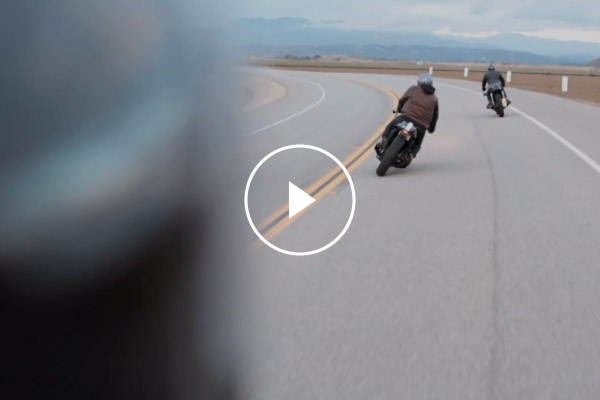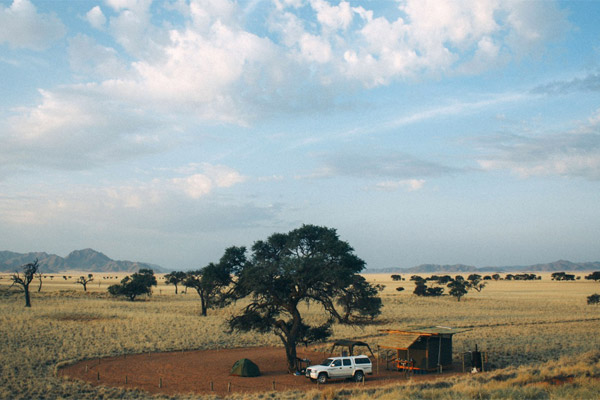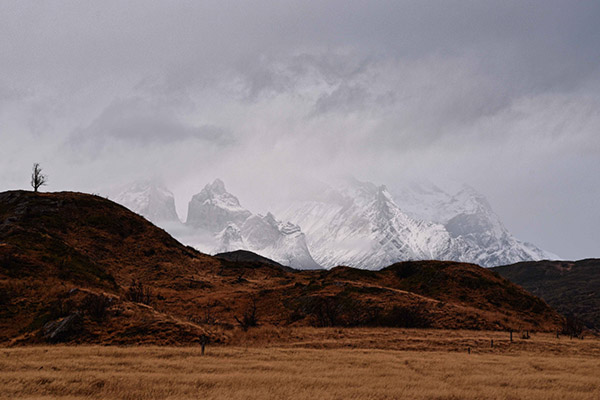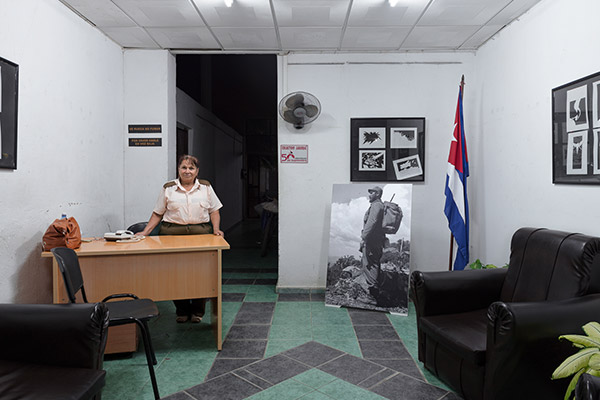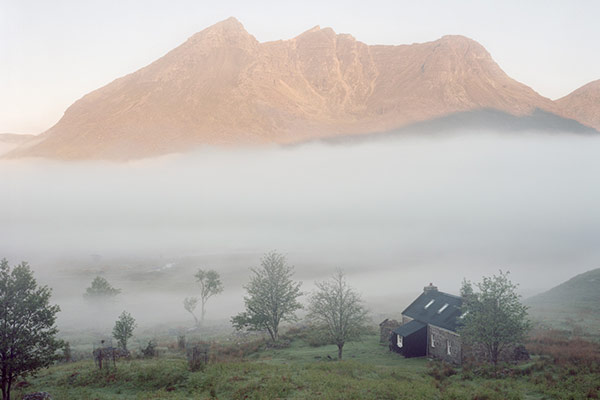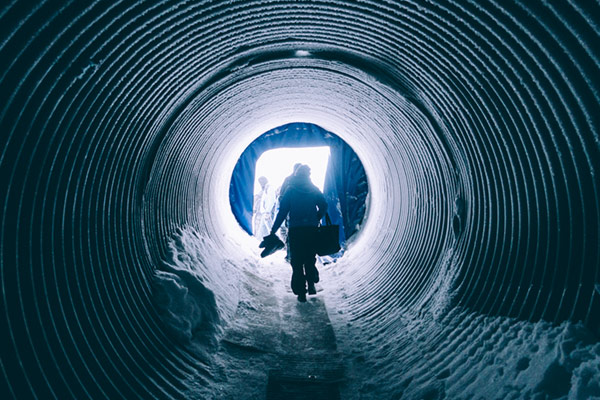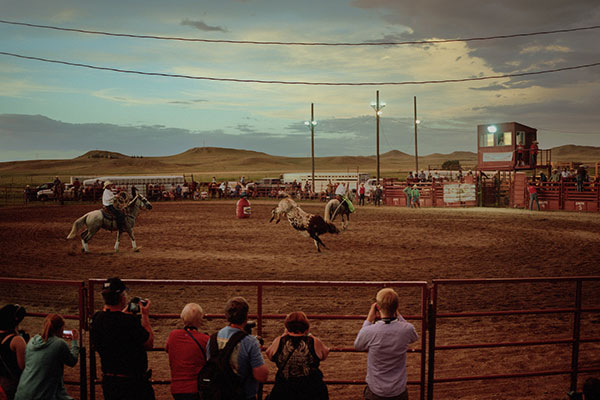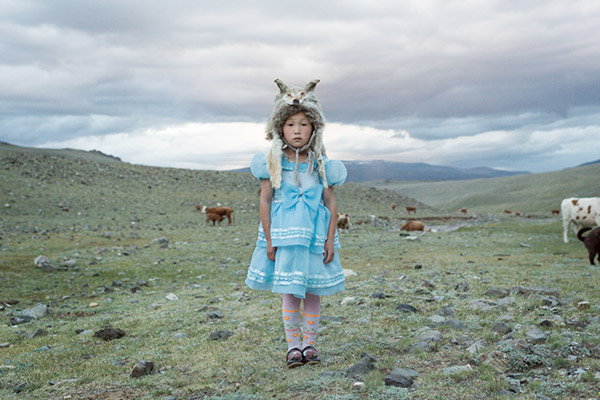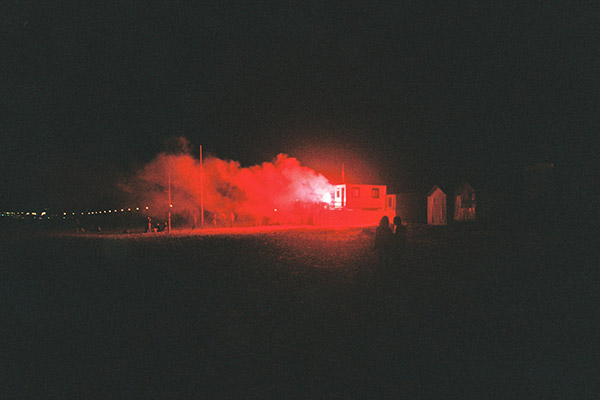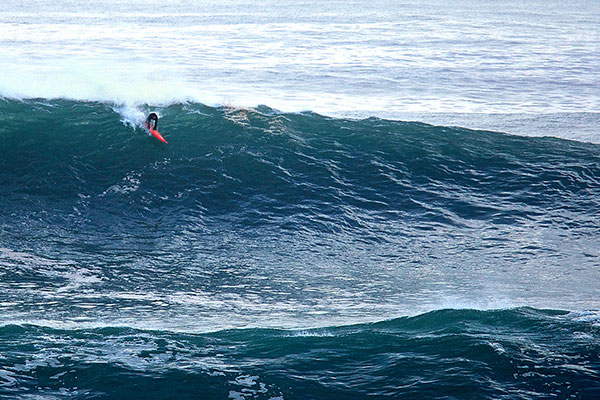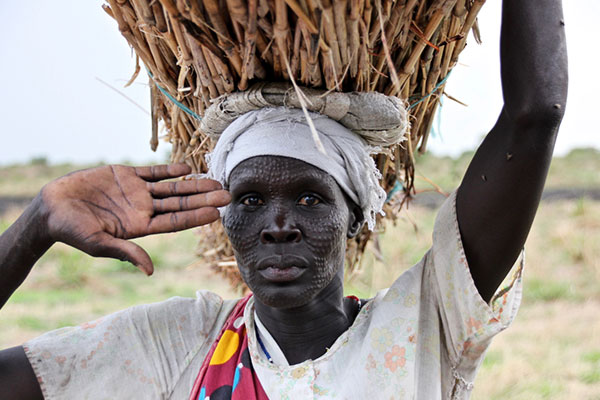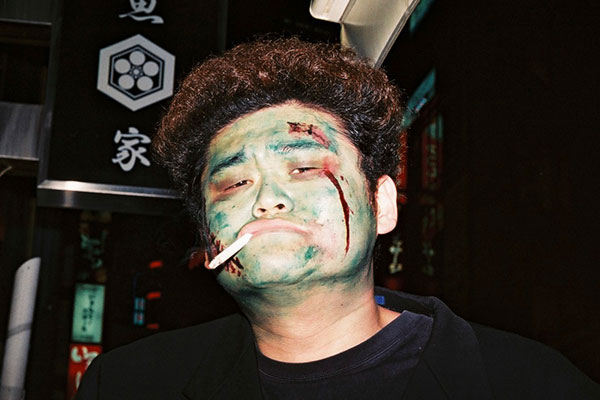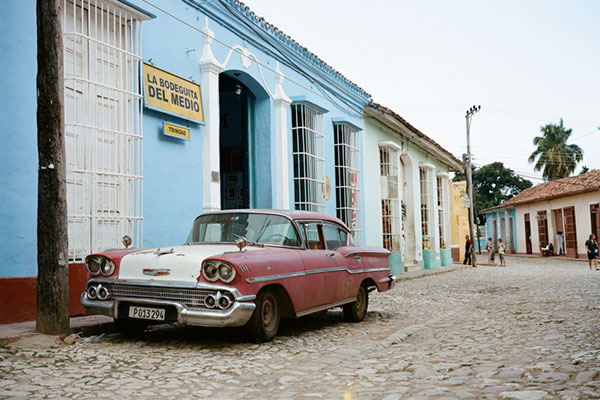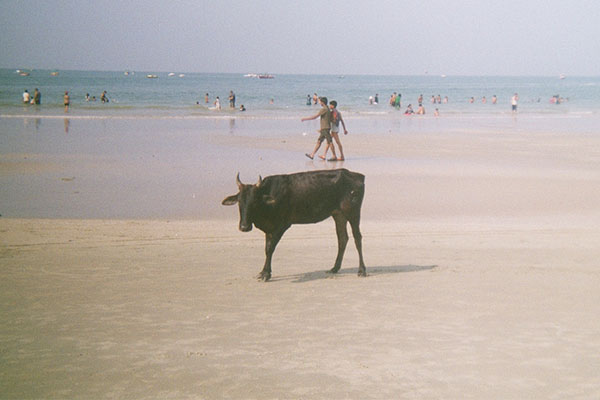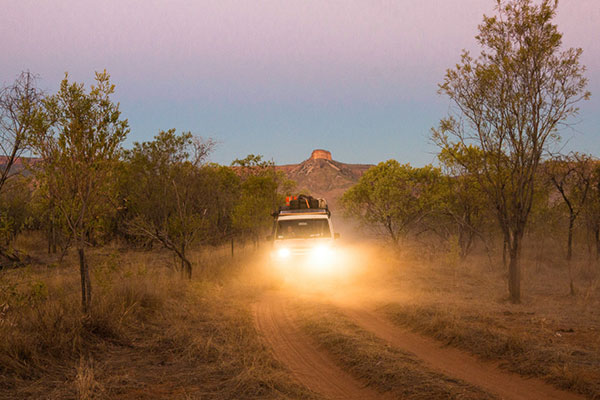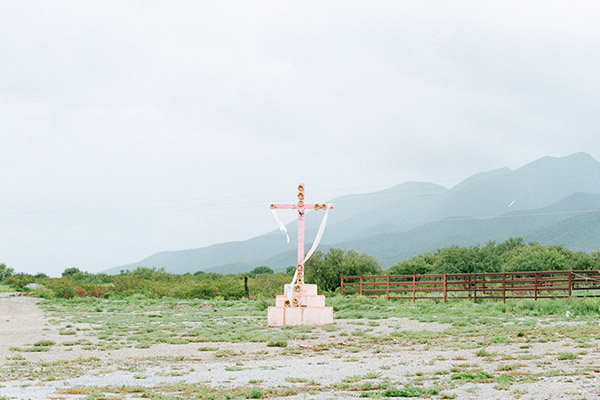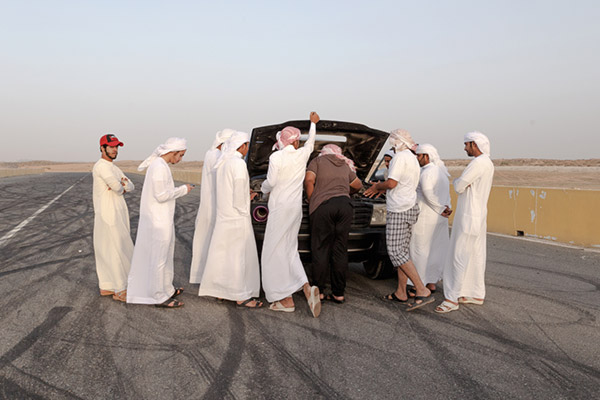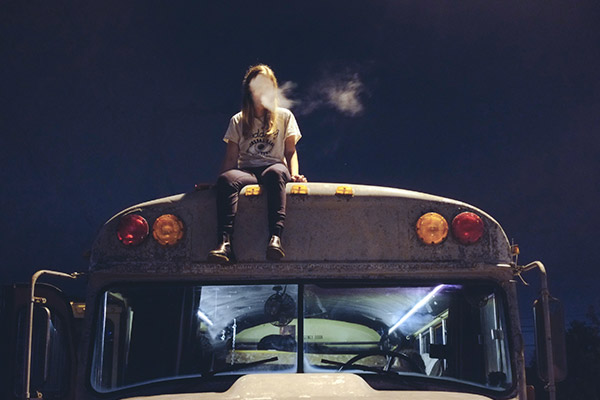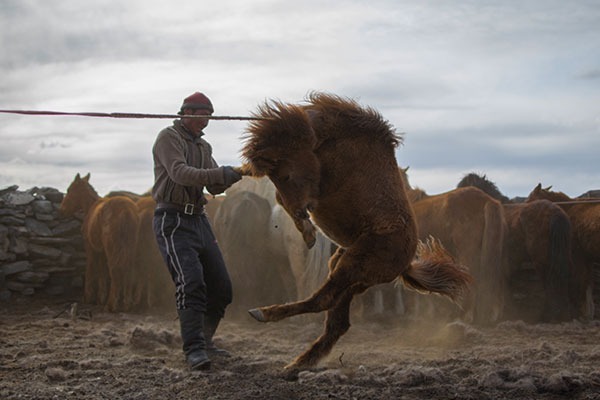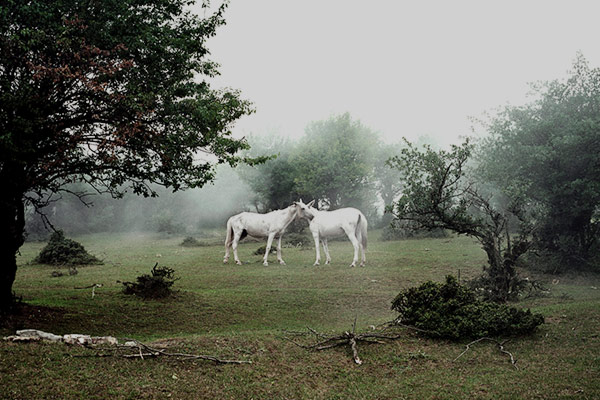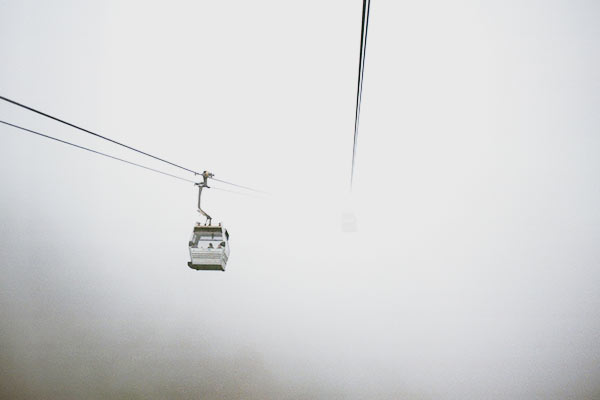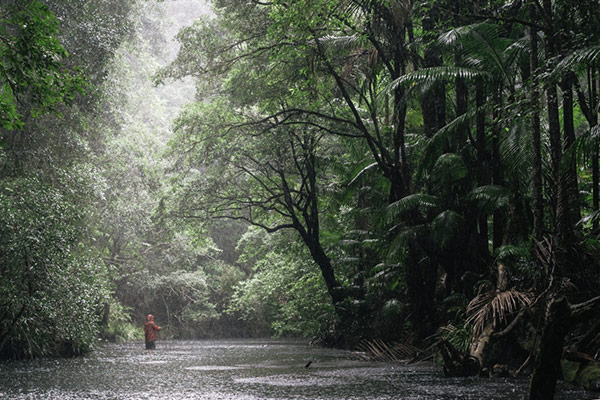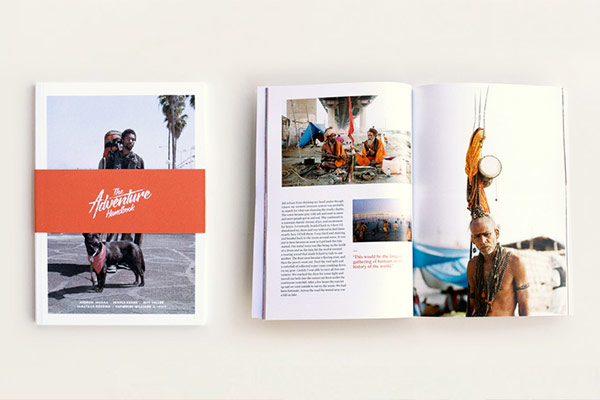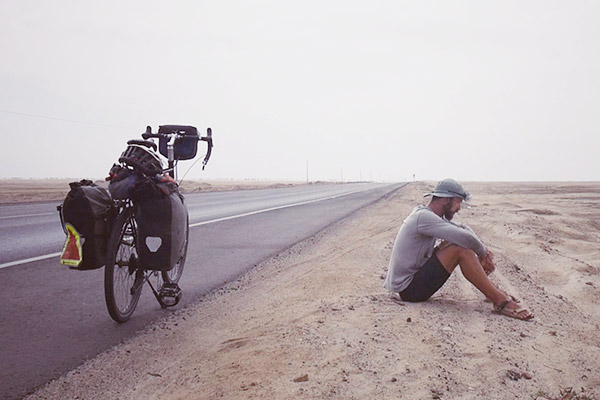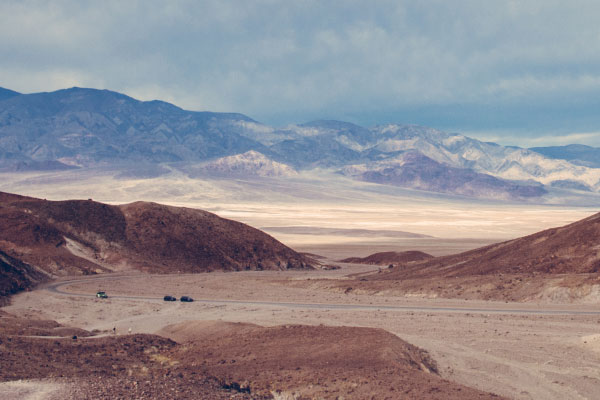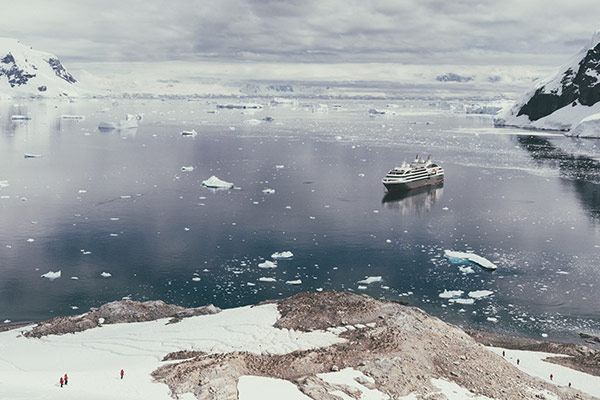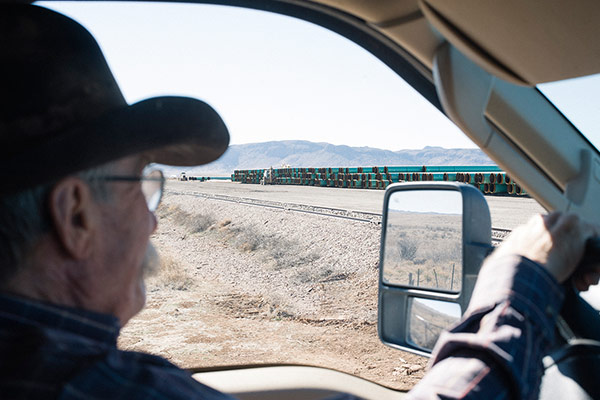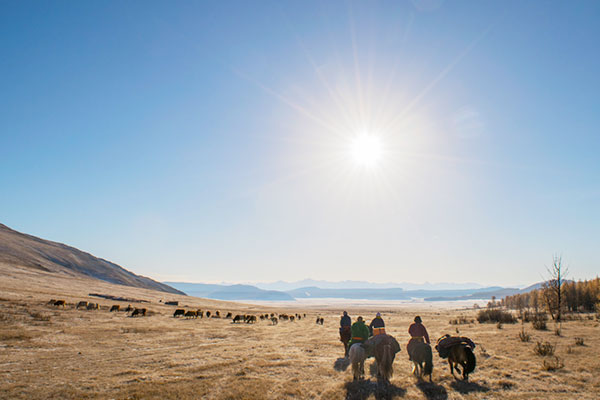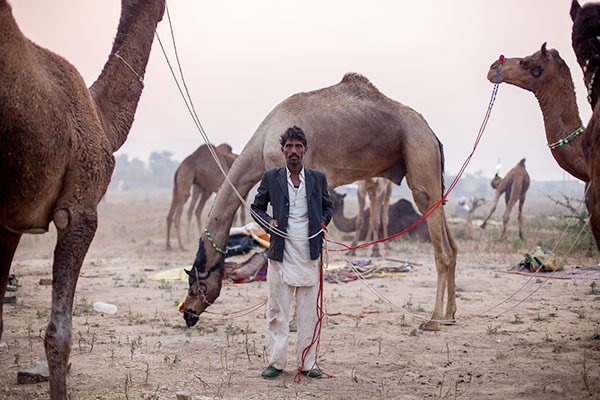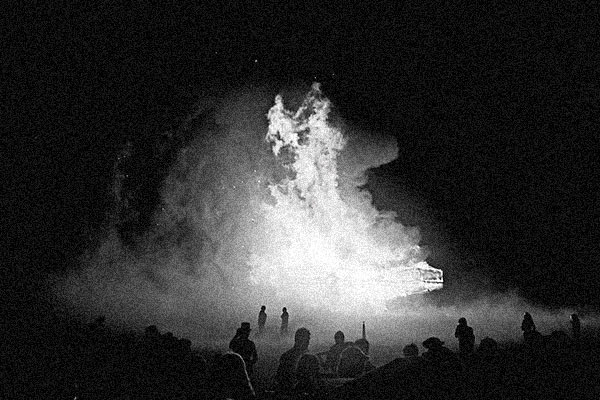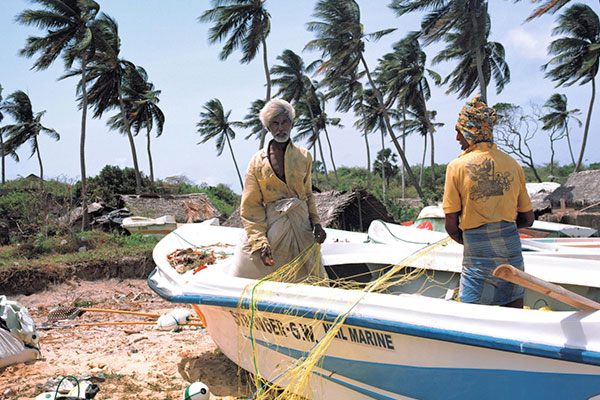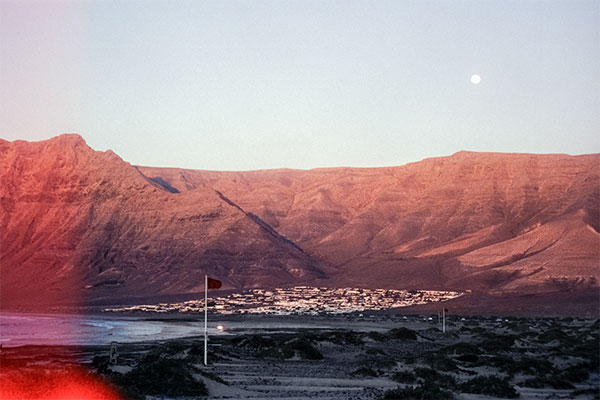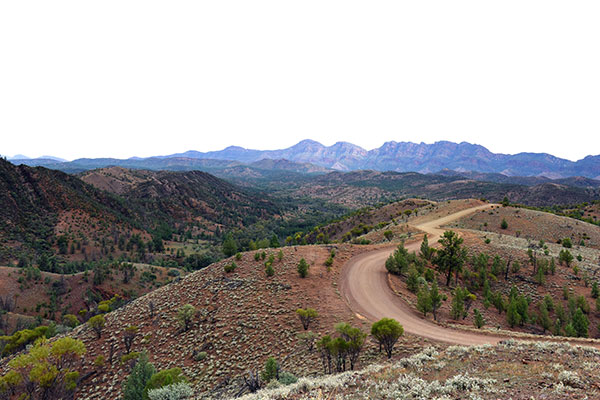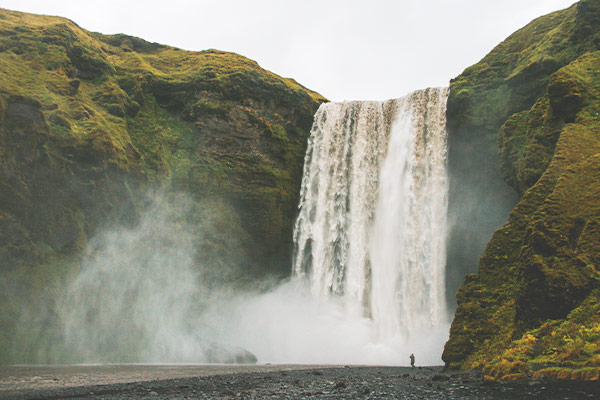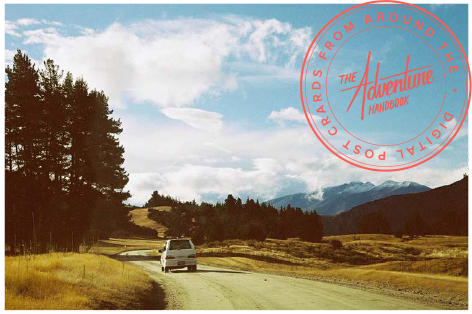To anyone planning a visit to India with the intention of helping to grow and cultivate the local skateboarding scene, prepare to be humbled by the overwhelming generosity and hospitality of the locals.
Home in Anunja
Every bus ride we embarked on seemed as though it very well might be our last. As the ride from Bangalore to Goa swayed violently from side to side, I found myself wishing we had booked the safer seats on the left hand side further towards the back of the bus——safely distancing ourselves from the danger of an oncoming collision with one of the many trucks or buses that hurtled past our window. While we sped dangerously around the corners without slowing, I eventually consoled myself by judging the age of the driver: if this middle-aged man was able to survive this long into his career as an overnight coach driver, he must surely be capable of getting us safely to our destination. Fourteen hours since first climbing aboard the overnight bus, we found ourselves on a guided tour around a property in Anjuna, Goa, where we would start our first project.
Everything we could see was once discarded and now creatively put to a new use.
Coast to Coast
After the completion of our first project we spent three tiring days heading west, eventually finding ourselves on the other side of the country and staring out over the Bay of Bengal. Mahabalipuram was a fishing village just over an hour south of Chennai.
Occasionally whilst swimming you would feel something Slimy brush up against your skin beneath the water… we found it best not to think about it.
World Build 1.5
It would take a 10 minute bus ride to travel from our hostel room to the site of our final project. Each day we would catch that local bus. We must have been an unusual sight for the regular commuters of the area—— judging by the looks we would receive as we boarded the bus. We stepped off just out of town and walked past the local high school and hospital, then onwards along a dirt track that weaved through a dry grass plane. At the end of the dirt path was the village of Punjeri, small brick huts with woven palm fronds used for roofing populated the narrow streets.
– See more at: http://theadventurehandbook.com/world-build/#sthash.Ty2lUhkC.dpuf
Mukesh was in his mid teens and lived with his family on a small property in the village. By family, I mean whole family, as Mukesh lived with his brothers, parents and grandparents. The hut in which they lived was no bigger than the key of a basketball court. Mukesh was a keen skateboarder, although wasn’t really able to express this very well as there was nowhere in Mahabalipuram that was really suitable for learning to skate. His father had agreed to allow us to build a small ramp in their backyard for all the children in the village to use despite the little free space they had. We had parameters to work by, but by this point of the trip the notion of building a smaller ramp was a welcome relief.
Words and images by Ben Hermans from The Community Collective.
Receive a postcard from us sign up


